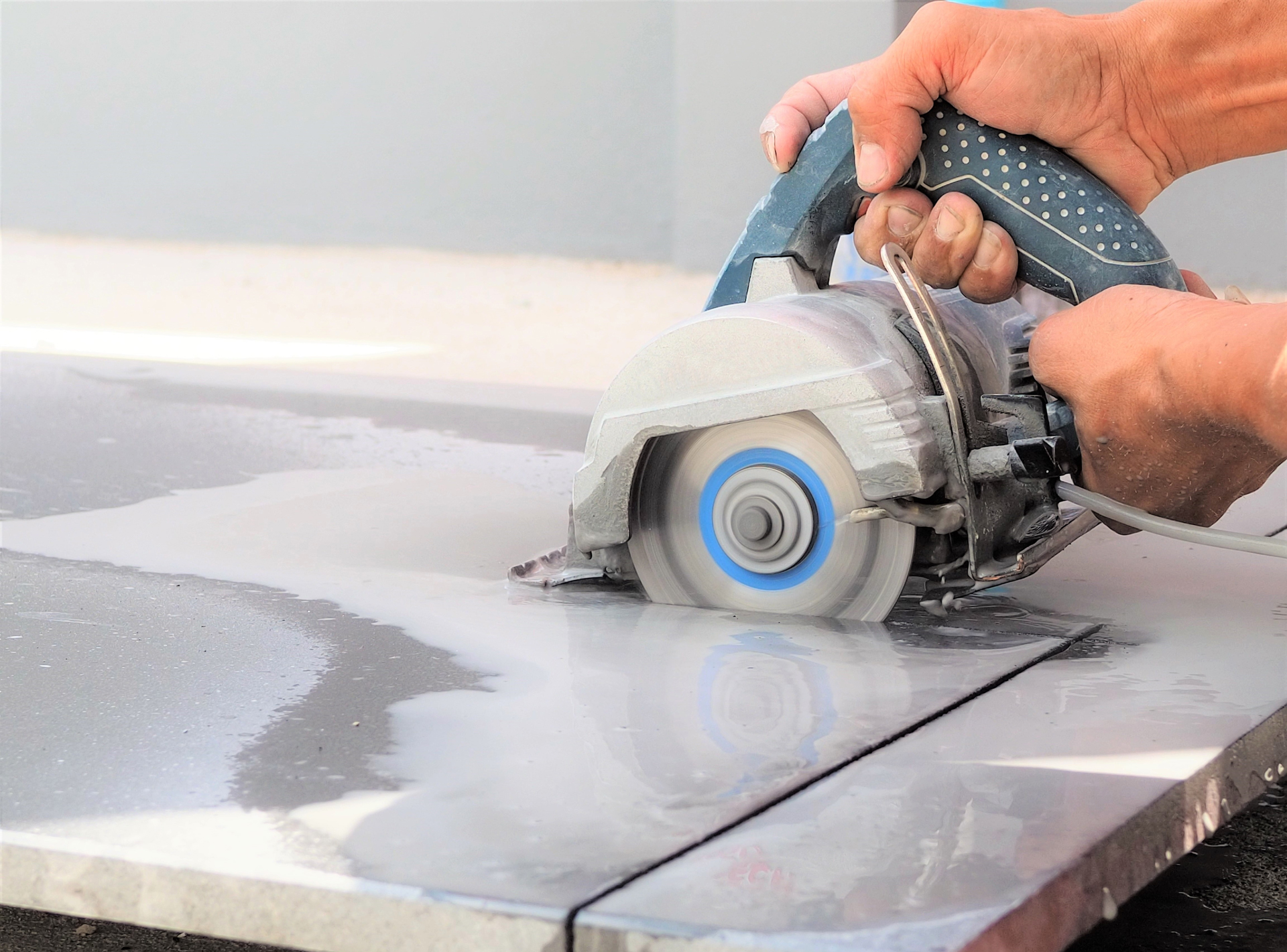 Commonwealth, State and Territory work health and safety ministers met on 1 March 2023 to discuss the urgent action needed to combat the growing number of Australians impacted by silicosis.
Commonwealth, State and Territory work health and safety ministers met on 1 March 2023 to discuss the urgent action needed to combat the growing number of Australians impacted by silicosis.
The Ministers affirmed their shared commitment to preventing worker exposure to respirable crystalline silica and agreed on significant measures to advance safety, endorsing a coordinated national approach to address this issue, the Australian Work Health and Safety Strategy 2023–2033.
A key focus of discussions was Safe Work Australia’s Decision Regulation Impact Statement: Managing the risks of respirable crystalline silica at work, which recommended a range of regulatory and non-regulatory options to better protect workers.
Ministers agreed that joint deliberate efforts are required from all levels of government, industry, and unions to eliminate silicosis and silica related diseases and to increase the quality of life of those already impacted and their families and they have agreed to implement the following reforms as a priority:
- Delivery of national awareness and behaviour change initiatives, in partnership with employers and unions.
- Stronger regulation of high-risk crystalline silica processes for all materials (including engineered stone) across all industries. This includes additional training requirements; a requirement to conduct air monitoring and report workplace exposure standard exceedances to the relevant regulator; and scoping new and updated model Codes of Practice for at-risk industries.
- Further analysis and consultation on a prohibition of the use of engineered stone under the model WHS laws, including consideration of silica content levels, other risk factors, and a national licensing system for products that are not subject to a ban or legacy products.
Ministers were provided with an overview from Safe Work Australia on the progress made to implement the agreed outcomes from the 2018 Review of the model WHS laws Final Report, which noted that most jurisdictions have now adopted the amendments into their frameworks or are considering doing so.
Safe Work Australia is currently finalising amendments to the model WHS Regulations to clarify the prohibition of uncontrolled dry-cutting of engineered stone, and the Ministers plan to meet as soon as possible following the delivery of Safe Work’s report to discuss how further implementation of the current recommendations are progressing.
The group asked Safe Work Australia to consider enhancing definitions to minimise any unintended consequences when developing the regulations and requested that the report is finalised as quickly as possible – within 6 months at the latest.
They also agreed to include silicosis as a standing agenda item for future Meetings of Ministers to maintain momentum to address this issue and share details of projects to prevent worker exposure.
The meeting was chaired by the Mr Tony Burke, the Commonwealth Minister for Employment and Workplace Relations and Minister for the Arts, who said the group welcomed the commencement of the Australian Work Health and Safety Strategy 2023–2033.
“The strategy sets a national framework for how Australia can achieve our shared vision of safe and healthy work for all and promotes the protection of worker health and safety as core to how we do business in Australia,” Minister Burke explained.
“There’s been a big conversation all around Australia that’s been growing for some time about the dangers of silica in the workplace and what that means for silicosis and other lung diseases.
“It’s for that reason that I asked all State and Territory Ministers to meet together today to work through: how can we move together to provide that simplest of protections to make sure that when somebody goes to work, they’re not contracting a terminal illness simply by attending their job?
“Kitchen benchtops can be in the order of 97% to 98% silica, and while there are methods that have been used for not dry-cutting – making sure whenever it’s cut, that it’s wet – experience has been that all too often, no matter what rules are in place, we still end up with situations of dry-cutting, we still end with situations of unacceptable risk.”
The Commonwealth will also explore an import ban on engineered stone, involving consultation with states and territories, and other stakeholders, on the effects of a ban, with any decision on prohibitions required to consider definitions, timing, and impacts on affected workers and businesses.
In a clear message to employers who may be doing the wrong thing, a majority of the Ministers agreed to adopt industrial manslaughter into the model WHS laws, in-principle reflecting Recommendation 23b of the Boland Review of the model WHS laws.
Many jurisdictions have introduced industrial manslaughter offences or committed to doing so and Minister Burke indicated the Australian Government’s intention to scope and consult on an industrial manslaughter offence under Commonwealth WHS laws.
In recognition of this decision, Ministers by majority agreed to amend the model WHS Act to include a jurisdictional note and model penalty dealing with industrial manslaughter – $18 million for a body corporate and 20 years’ imprisonment for an individual – and Safe Work Australia will continue its work to develop a significant increase to penalties for Category 1 offences.
The full list of agreed outcomes from the Review and their implementation status can be found on Safe Work Australia’s website: https://www.safeworkaustralia.gov.au/safety-topic/hazards/crystalline-silica-and-silicosis
A copy of the Strategy can also be found at: www.safeworkaustralia.gov.au

